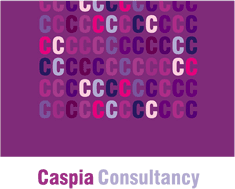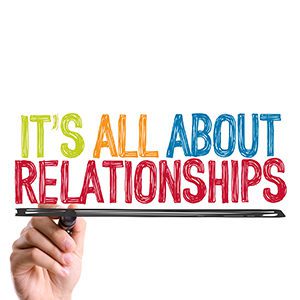Relationships, Dear Boy…
Harold Macmillan, UK Prime Minister in the 1960s was once asked by a journalist what was the most difficult thing about being Prime Minister. His reply: “Events dear boy, events.” It may be unfashionable to say so but the most difficult thing about being a media agency in the 2020s is not systems, algorithms or even blog posts from smarty-arsed consultants but relationships with clients.
The other day Neil Jones, who heads Performance Media at Boots UK posted a question to the LinkedIn community. He asked: “For agency talent, what makes a specific account desirable to work on and how can clients create the right kind of environment where those on the agency side want to work on your business?”
First, all credit to Neil, a client, for asking the question. I have a nasty suspicion that most clients today couldn’t care less whether or not agencies want to work on their business. ‘You don’t like the way we do things? Fine, we’ll just whistle up the next cab on the rank.’
Sadly, there are plenty of cabs offering cut-price travel without mentioning the lack of seatbelts, or even seats.
I grew up in an era where the client / agency relationship was absolutely crucial. One of my first major clients was Kellogg’s. They had a simple principle when it came to working with their agencies. Every new brand manager was given a book to guide him or her in the ‘Kellogg way’.
The first sentence in this book read something like this: ‘It is not your job to fire the advertising agency. It is your job to get the most from the advertising agency.’
Account teams came and went; media executives too (I was once removed from the account at the insistence of a soon-to-be-ex-client for, in my view, standing up for what was right – a long story for another day) but we never in my 14 years with the agency had to re-pitch the business.
The agency wanted to be treated as a valued partner; a large part of this meant an immersion in the client’s business.
We worked shifts in McDonald’s; we went to car manufacturers’ launches for their dealer networks; we happily tasted petfood; we went out with sales teams; we toured factories (BBH’s Audi line, Vorsprung Durch Technik was famously taken by John Hegarty from a factory wall).
None of this was considered strange or limited to the suits; media people, planners, creatives all did this.
We were curious about our clients’ businesses.
They wanted us to be curious about their business.
I’m aware that these posts can sometimes seem to view the past through tinted glasses, or to hark back to a time long gone. And of course, on one level that’s true.
But on another, the desire to understand the client and his business, it is no such thing. Rather the past offers today’s practitioners a roadmap towards better relationships.
From a good relationship comes trust, and vice versa. You really can’t have one without the other.
If today’s agencies could have brought themselves to have the difficult financial conversation around fees with their clients when trust still existed between them, we wouldn’t be in the mess we’re now in.
But no, they chose to ignore the tough discussion, and instead went down a path of obfuscation, hiding behind deal techniques and more latterly technologies, using a language that no-one even pretended to understand.
Out of confusion comes margin, as GroupM’s one-time President Irwin Gotlieb is rumoured to have said.
In a culture of everyman for himself, of caveat emptor, and of media pitches so regular that it’s newsworthy when they don’t happen, the massive benefit that comes from a strong relationship has gone missing.
You can blame who you like: agencies blame procurement (for calling them out presumably), clients blame agencies, everyone blames holding companies.
But the fact remains the industry is short on trust and relationships. We’ve lost the ability to speak openly and honestly to each other.
We are missing the understanding that we’re all on the same side, a feeling that led The Coca Cola Company inviting their media agency partners (note the word) to attend their global marketing convention held over several days in Atlanta. At this event we were called up on stage together for a Q&A and asked, with no prior notice: ‘What can we do to make us a better client?’.
And after we had all come up with some platitude or other, one of the agencies (not me I wouldn’t have had the nerve) replying: ‘Well, you can stop stealing our staff for a start.’
Honesty, open-ness, curiosity go a long way.

